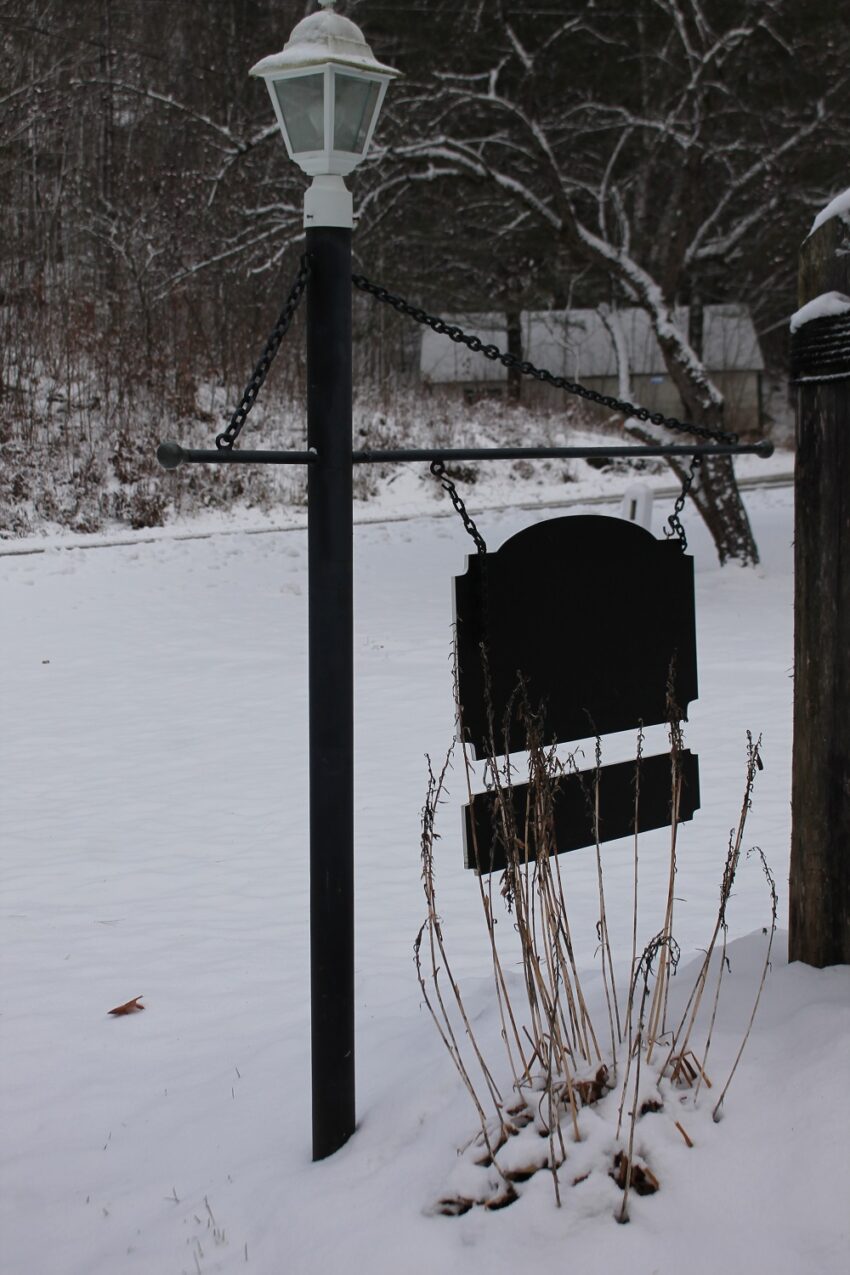County councillors have signed off on the final draft of a short-term rental bylaw that is now headed to the townships for licensing and regulating. Meanwhile, a request for proposals for a third-party administrator of the program is expected to come back to the next County council meeting, scheduled for Dec. 13.
Director of planning, Steve Stone, had presented the draft of the bylaw to Algonquin Highlands, Dysart et al, Highlands East and Minden Hills. He was accompanied by director of economic development and tourism, Scott Ovell, who updated the lower-tier municipalities on a municipal accommodation tax, or MAT.
Stone said Dysart et al’s building department suggested a couple of changes in the definitions section, for accessory building or structure, putting the size at 10 sq. metres, or 107.64 sq. ft., in line with the Ontario Building Code.
He said a member of the public also raised the issue of short-term rental use of municipally-owned shore road allowances. He said he added a clause prohibiting such use.
Stone said when it came to the question of commercial short-term rentals operating in residential zones, it was a municipal zoning bylaw issue.
With regards to bunkies or sleeping cabins, Stone said each township could put its own spin on what is allowed but the intent of the County bylaw is that bunkies can only be rented out as part of a rental of the whole property, not just the bunkies themselves.
The bylaw now goes back to lower-tier municipalities for final adoption.
Coun. Bob Carter did express some “real concern” about telling short-term rental property owners they cannot do temporary leases if they do not own their shore road allowance.
He said there could be hundreds affected by the rule. Right now, he said the Township of Minden Hills processes between eight and 10 shore road allowance purchases at every council meeting, and he is concerned about staff being inundated with requests. “We are not going to be able to react,” he said.
Warden Liz Danielsen countered people should not be operating short-term rentals on municipally-owned shore road allowances.
However, Carter said he thinks the council will be challenged, possibly in front of the Ontario Land Tribunal. He said they risk losing appeals or winning but it costing a lot of money.
However, Stone said property owners cannot take municipalities to the OLT over shore road allowances, as it is not a landuse planning matter. He noted under the STR bylaw, a property owner can appeal to the County if it doesn’t like a lower-tier township decision with regards to short-term rentals. CAO Gary Dyke said the ultimate authority would come via a court challenge.
Coun. Cec Ryall suggested that, similar to the self-attestation short-term property owners will fill out for licensing, for example that their properties comply with the Ontario Building Code, the townships can ask that people swear they will purchase the shore road allowance in front of their property to get licensed as a short-term rental. Stone said that could be done.

